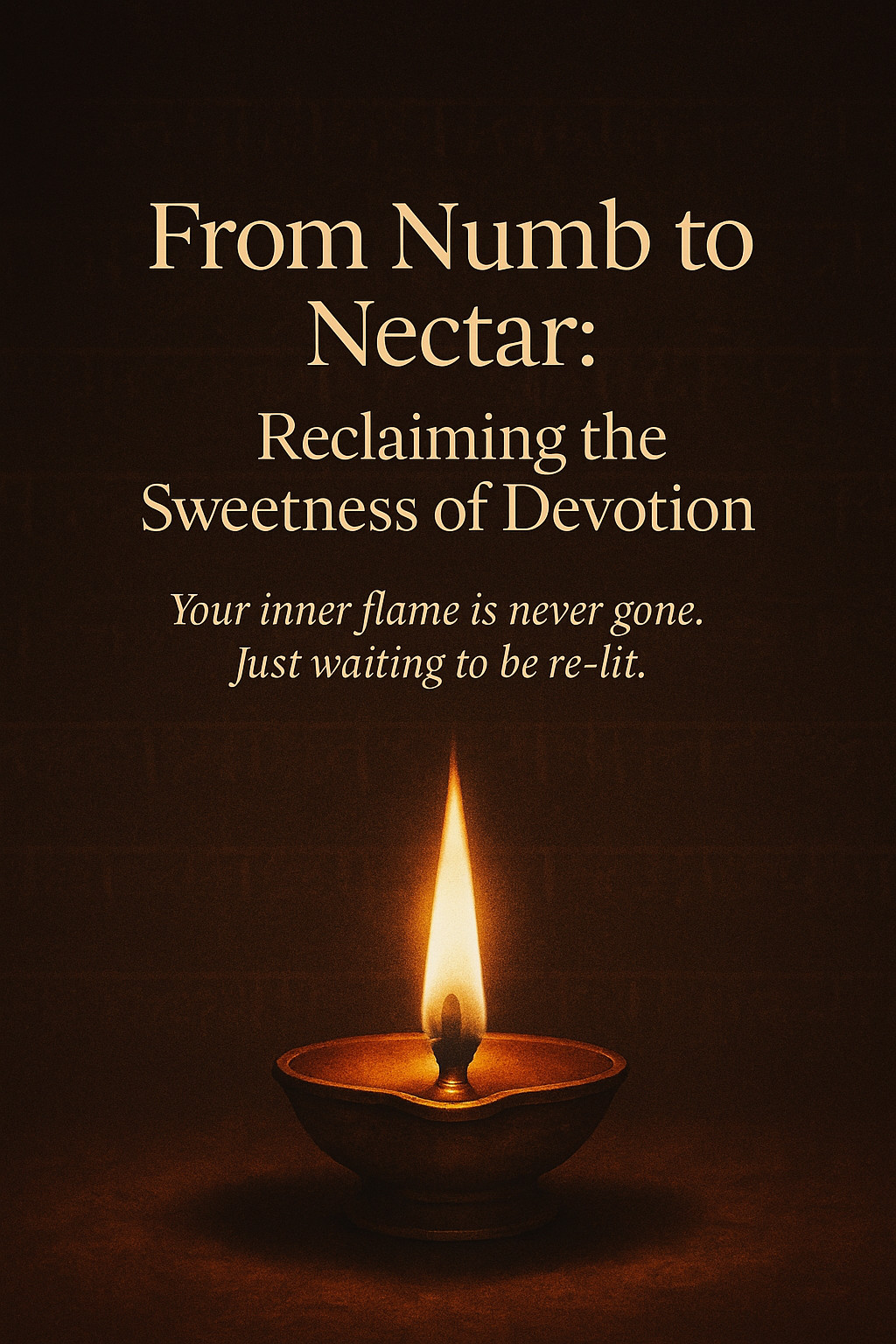Oil pulling, an ancient Ayurvedic practice, has gained modern attention for its multifaceted health benefits, primarily supporting oral hygiene and overall health through a simple method of swishing oil in the mouth. Offering a detoxifying cleanse for the oral cavity, this practice aligns with Ayurveda's view of the mouth as the gateway to health, balancing doshas and promoting dental well-being. Popular oils for oil pulling, like coconut, sesame, sunflower, and olive oils, each provide unique benefits, from antimicrobial properties to reducing inflammation and maintaining moisture.
The benefits of oil pulling include improved oral health by removing harmful bacteria, whitening teeth, detoxifying the body, freshening breath, and reducing inflammation. Each oil has specific advantages; coconut oil is favored for its antimicrobial properties and pleasant taste, sesame oil for its grounding qualities, sunflower oil for its mild taste, and olive oil for its rich antioxidants. The choice of oil can be tailored to individual needs and the season, as some oils are more suitable for specific doshic imbalances or climatic conditions.
Particularly beneficial during the Vata season (fall and early winter), oil pulling helps combat dryness, balance airy Vata qualities, and strengthens immunity, thus addressing common seasonal discomforts like chapped lips, dry skin, and heightened anxiety. The warming nature of sesame oil makes it ideal for this time, while olive oil provides excellent moisturization for dry conditions. By incorporating oil pulling into daily routines, one can maintain oral health, detoxify the body, and achieve a balanced state of wellness throughout the year.
Read more...Celebrate the start of your marital journey with a Vedic Wedding Ceremony, a tradition steeped in the wisdom of ancient scriptures. This ceremony signifies not just a physical union, but a spiritual and emotional bond, blessed by divine forces. Our services offer a profoundly meaningful ceremony, ensuring your marriage commences on a foundation of love, harmony, and mutual respect.
Our Vedic Wedding Services include a series of sacred rituals designed to bless and protect the couple as they begin their life together. Rituals such as the Ganapati Puja for removing obstacles and the Kanyadaan, symbolizing the transfer of care, are integral to the ceremony. The Vivah Havan invokes the sacred fire to witness the marriage, ensuring vows are sealed under divine and cosmic energies, while the Saptapadi strengthens the bond with seven sacred vows.
Additional services offer customizable rituals tailored to individual cultural and familial traditions, along with options for pre- and post-wedding celebrations. A Vedic wedding not only connects the couple spiritually but also fosters harmony and balance, reinforcing family and community ties. With experienced priests and coordinators, we ensure the ceremony is performed with devotion and reverence, making your wedding a sacred celebration rooted in ancient wisdom.
Embark on your marital journey with the timeless elegance of a Vedic Wedding Ceremony, a tradition steeped in ancient wisdom and spiritual significance. A Vedic wedding transcends a mere union of two individuals, forming a sacred bond blessed by divine forces. Our specialized services ensure a meaningful and auspicious ceremony, laying a foundation of love, harmony, and mutual respect for your marriage.
Our Vedic Wedding Services include the Ganapati Puja, Kanyadaan, and Vivah Havan, all centered around invoking divine presence and blessings. These rituals, along with the deeply moving Saptapadi and the symbolic Sindoor and Mangalsutra ceremonies, emphasize commitment, family bonds, and spiritual unity. We also incorporate traditional pre- and post-wedding rituals, tailored to your cultural preferences, ensuring a celebration that honors your heritage.
Beyond the ceremonies lies the promise of a spiritual union, fostering harmony and balance in your married life. The rituals strengthen familial ties, with blessings from elders and community participation, creating a robust support system. With our experienced priests and coordinators, we guarantee a seamless, memorable experience, firmly rooted in Vedic traditions and tailored to celebrate your unique journey.
Read more...In an era dominated by shortcuts and material success, a new elite is emerging, defined not by wealth or heritage, but by discipline, purpose, and creating value. This new 1% isn’t driven by traditional metrics but by an inner drive to sculpt themselves, live purposefully, and contribute significantly to the world. It's a mindset accessible to anyone willing to pursue a different path that prioritizes personal growth and contribution over mere consumption.
The foundation of this mindset lies in discipline, the rare quality of consistently pushing beyond limits through deliberate practice and habit cultivation. While genetics may offer initial advantages, true success demands dedication and commitment to self-improvement. Moreover, purpose acts as the ultimate fuel, sustaining energy and passion without reliance on external stimulants, and guiding actions toward meaningful outcomes.
Beyond formal education, the new 1% values learning from life’s experiences, embracing failures, challenges, and real-world encounters as opportunities for growth. They’re committed to creating rather than consuming — whether it’s through innovative problem-solving, sharing art, or nurturing relationships. This inward transformation redefines success, guiding individuals to live deliberately and to find fulfillment in the journey and impact they create.
In a world preoccupied with shortcuts and material consumption, a new elite is emerging not defined by wealth or privilege, but by discipline, purpose, and value creation. This new 1% is driven by a deep-seated desire to sculpt themselves through intentional practice, challenge conventional success metrics, and contribute to the world rather than merely consume its offerings. Their success is rooted not in birthright or genetics, but in a deliberate pursuit of excellence that anyone can choose.
For these individuals, discipline is the real sculptor, pushing beyond natural talents to forge the best version of oneself. Instead of relying on stimulants or external motivators, they find sustainable energy in a clear purpose that propels them even when the path is challenging. They perceive life itself as their greatest teacher, constantly learning and adapting through real-world experiences, mentors, and challenges that formal education might not provide.
The new 1% stands apart by focusing on creation over mere consumption, striving to add meaningful value to the world in any form—be it through business, art, or personal contributions. This mindset emphasizes living deliberately, prioritizing internal growth, and consistently seeking ways to positively impact others. Anyone willing to adopt principles of discipline, purpose, lifelong learning, and creation can join this group, defining success not by external markers but by transformative, intentional choices.
Read more...The concept of love often becomes entangled with expectations, conditions, and burdens, yet its truest form is simple and freeing. Love should never feel like an obligation or a responsibility to meet standards or prove worthiness. True love supports and uplifts without demanding repayment or validation, existing as a gift that neither confines nor burdens.
Genuine love celebrates freedom, encouraging growth and exploration rather than restricting individuals. It’s not about ownership or control but about supporting and embracing each person’s fullest potential. Conditional love, tied to expectations and standards, undermines its essence, whereas unconditional love accepts and cherishes people for who they truly are, imperfections and all.
Love is not about sacrifice or losing oneself for another; it thrives in mutual understanding and allows both individuals to flourish together. It doesn't idolize or demand change but accepts the ever-evolving human experience. Ultimately, love should not be transactional but offered freely, without conditions, existing purely to bring light, joy, and connection into our lives.
Read more...In today's hyper-connected world, we often find ourselves overwhelmed by seemingly urgent tasks such as emails and notifications. However, not everything urgent truly matters, and recognizing this distinction can help reclaim time, reduce stress, and improve decision-making. The urgency trap makes us prioritize immediate demands without considering their actual importance or alignment with our long-term goals.
To escape this trap, adopting frameworks like the Eisenhower Matrix can be invaluable. This tool categorizes tasks into four quadrants based on urgency and importance, urging us to focus more on important but non-urgent tasks that contribute to long-term success. Prioritizing these tasks over urgent but non-essential ones can significantly enhance productivity and well-being.
It is crucial to learn how to handle urgency pressure by setting boundaries, employing strategies like time blocking, and delegating tasks when feasible. This approach prevents us from succumbing to busywork, leading to burnout and diminishing significant achievements. By focusing on tasks that resonate with our values and aspirations, we can transform how we engage with our daily demands, ensuring we live intentionally rather than reactively.
In today’s constantly connected world, we're often bombarded by tasks that demand immediate attention, yet not all of them deserve it. These urgent demands, such as incessant emails and notifications, can lead us into a cycle of constant firefighting, often distracting us from what truly matters. The key to managing this chaos lies in understanding that urgent doesn’t always mean important, which can help us reclaim our time, reduce stress, and make more thoughtful decisions.
Recognizing the difference between what is important and simply urgent is vital. While urgent tasks come with a sense of panic, making them seem like they need immediate action, they don’t always align with our long-term goals. Utilizing frameworks like the Eisenhower Matrix helps categorize tasks, allowing us to focus more on activities that significantly impact our lives while minimizing time spent on tasks that only seem pressing.
To combat the pressure of urgency, strategies such as setting boundaries, time blocking, and delegating tasks can be incredibly useful. These methods help resist impulsive reactions to urgent demands, ensuring attention remains on meaningful goals. By focusing on important tasks and learning to discern what truly merits our focus, we can live intentionally and prevent busywork from hijacking our productivity and well-being.
Read more...
